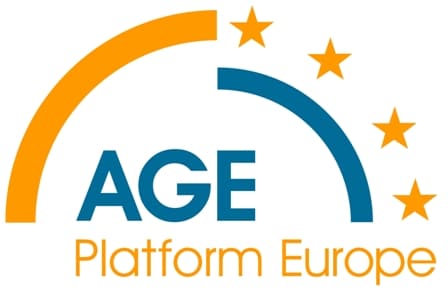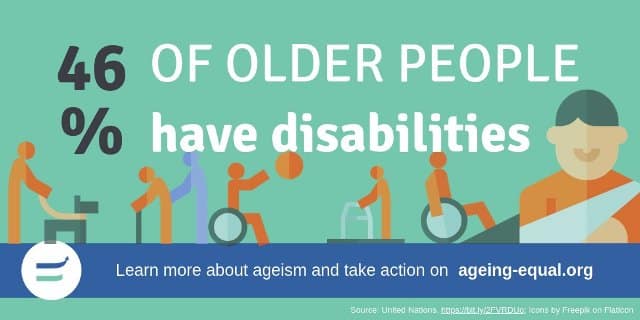
On the occasion of the International of Persons with Disability, around 400 politicians, high-level experts, civil society representatives and self-advocates, came together to discuss the future shape of the next European Disability Strategy (2020-2030). The event, hosted by the European Commission, in partnership with the European Disability Forum (EDF), is part of the EU’s wider efforts to mainstream disability issues and to raise awareness of the everyday challenges faced by persons with disabilities.
This is only the starting point of the reflections, but the larger frame in which the next Disability Strategy will be enshrined is already known, namely the UN Convention on the Rights of Persons with Disabilities (UNCPRD), the Sustainable Development Goals and the European Social Pillar of Rights. It will also be built on the evaluation of the current strategy (2010-2020) and on the input of relevant stakeholders that will be collected during a public consultation from April to June 2019.
A small survey carried out during the event showed that the four priorities for the next strategy should be:
- accessibility of built environment,
- transport and new technologies (ICT),
- employment,
- education and political participation.
Taking advantage of this event, the European Commission pointed out the step forward made with the political agreement on the European Accessibility Act reached in November by the European Parliament and the Council of the European Union. Yet, representatives of persons with disabilities highlighted the gaps of that agreement and the need to continue working on this issue using additional legislative tools, such as the Equal Treatment Directive.
Last but not least, the European Disability Forum seized the opportunity of the European Day of Persons with Disabilities to launch their “European elections for all” petition in order to tackle barriers faced by persons with disabilities when voting.
For more information:

Read more:







